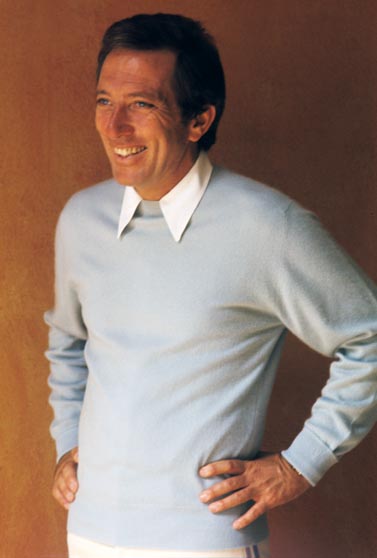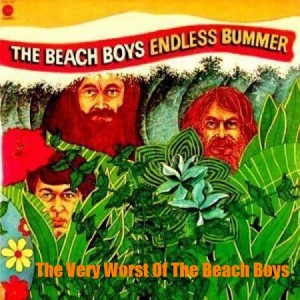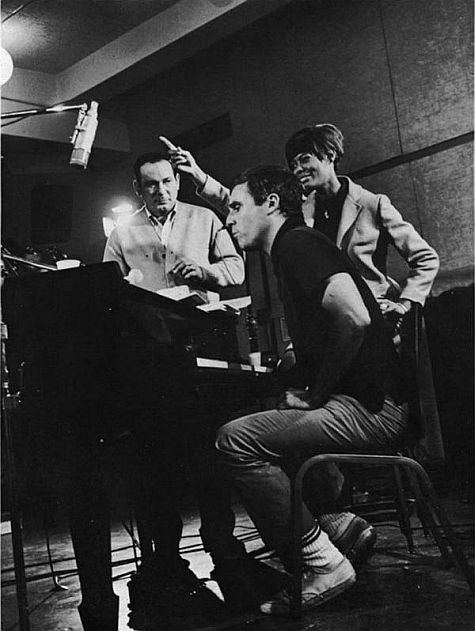
Not my Mom, not any any of her bosses.
In 2001—man, it doesn’t seem that long ago—Nixon’s Head, the band I’ve played in with old friends for nearly ever, was invited to contribute to a Muscle Shoals tribute album, Burlap Palace. The only requirements were that the song had to originally be recorded at Muscle Shoals and our version had to be recorded at a then-newly opened studio that was trying to make its name in town. As usual, we jumped at the chance to record and release a new song. As big soul music fans with a history of having covered plenty of soul chestnuts we figured we’d have no problem choosing a track. Then, as usual, we over thought the offer and spent 2 weeks sending each other detailed lists and frequently heated reasons why every song under consideration wasn’t quite right.
As much as we loved soul music and, Yankees that we were, thought all those southern scenes overlapped, we learned that we were not exactly connoisseurs of the Muscle Shoals Sound. They often seemed to drag the sweet soul music of Stax/Volt recordings into the unwashed early ’70s. The choice wasn’t going to be as easy as we imagined. The songs that first jumped out at us were quickly wiped off the boards. For instance, we had no hope of doing anything worthwhile with titanic Muscle Shoals recordings like “Brown Sugar” or “I’ll Take You There.” Had we still had my original guitar partner, Mike (aka John Quincy Nixon) in the band, the guy I taught how to play our nascent Head songs and punk rock favorites while he slaved away at learning every Lynyrd Skynyrd lick, we would have latched onto “That Smell” from Street Survivors. Mike had long ago moved across the country. We wisely avoided falling prey to our slave-to-humor tendencies and taking a crack at Bob Seger‘s “Night Moves.”
One poppy song that fit our core interests kept coming to mind: R. B. Greaves‘ “Take a Letter, Maria.” I grew up loving that song, and I knew our singer, my old friend Andy (Townsman andyr in these parts), did too. Hell, I’d spent a day with him in 5th grade crouched under a covered card table, spinning 45s for a nickle as The Human Jukebox at a school fair. We talked about it outside rehearsals, outside the e-mail chains with the rest of the band, as we often did (and, sadly, still do) when we feel the need to build a coalition behind what may be an unpopular position. We were always the AM radio guys in our band. Our guitarist-bassist, Mike (aka Chickenfrank), grew up as much a British Invasion and punk fan as we were, but he was a tougher sell on the kind of bubblegum stuff we dug (unless a Monkees cover was on the table). Our drummer, Seth (aka Sethro in these parts), was an easier sell for an AM radio staple. Andy and I planned to lobby Seth first. Our bassist at the time, John, was easygoing. Keyboardist/singer Dorothy may have had the best ’60s singles collection among us. We figured she’d be on board with this choice.
Growing up I really loved “Take a Letter, Maria.” It had a chooglin’ rhythm, like a CCR song, which I’d been a sucker for as long as I’d remembered. It had the “bullfighting” horns I’d first dug on my Mom’s Herb Alpert records. It told a story, a skill which in itself dazzled me as far back as my earliest record-spinning years spent rocking away and time traveling to The Band‘s “The Night They Drove Old Dixie Down.” As I got into my teens and the realities of my Mom’s pain and loneliness over her divorce sunk irreparably into my own world, the song took on further meaning.




